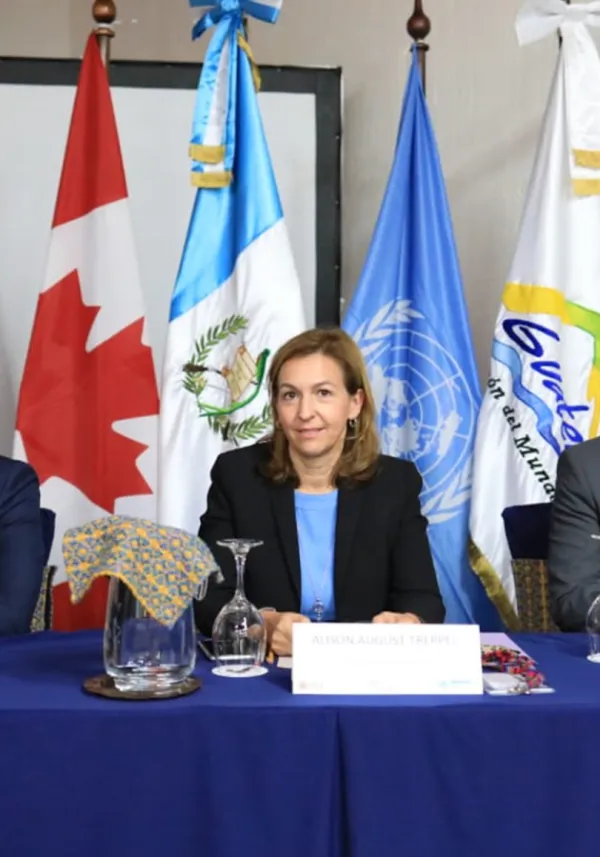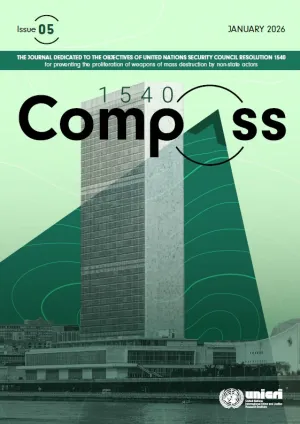
The identification of common practices and standards to protect tourism security is a key aspect to harmonize policies for the protection of vulnerable targets and crowded spaces.
The main focus of the project was the development of practices to ensure crime and terrorism prevention through an innovative and holistic approach, involving different public agencies and the private sectors, in line with the GCTF Antalya Memorandum and the SC Resolution 2396.
During 2019, all training and workshops of the projects were finalised increasing the knowledge and the awareness of more than 300 participants (public officials from law enforcement, judiciary, tourism ministries, consulates as well as private sector representatives) on the latest trends and issues related to tourism security and the protection of vulnerable targets. Over the three years of implementation the 11 beneficiary countries representatives were exposed to common policies for the protection of vulnerable targets and a standard methodology for the development and the implementation of tourism security plans. As a result, mutual cooperation among countries has been facilitated and strengthened. In addition, project focal points were identified in each of the beneficiary countries and became part of a network to exchange best practices and resources, thus increasing their capacity in the development of crime prevention policies and the protection of tourism destinations.
Participating Member States were also exposed to a common methodology to promote public-private partnerships leading to the creation of local permanent initiatives (working tables) gathering public and private key stakeholders with the objective of enhancing tourism security. Finally, two Member States developed and adopted a Tourism Security Plan as result of the project’s activities, while other Member States are independently developing local and national tourism plans based on the methodology provided.
All the project activities are based on the application of the Security Planning Model and the Handbook for Public Private Partnerships produced by UNICRI.


